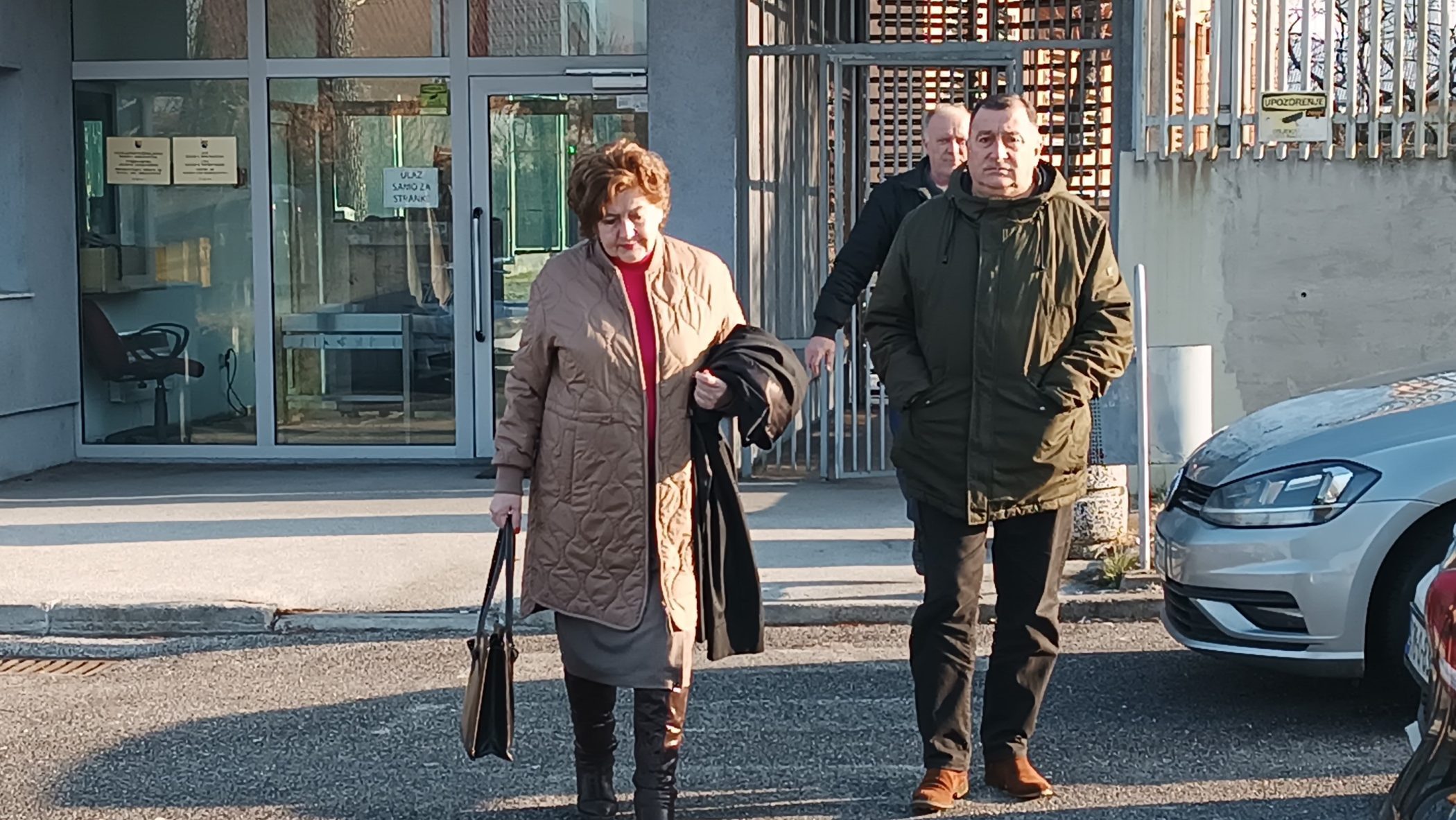This post is also available in: Bosnian
Novak Djukic and his Defence have presented their final statements, arguing that the Prosecution of Bosnia and Herzegovina has not proved that the accused ordered the shelling of Tuzla on 25 May 1995.
Although the law requires judgment to be handed down within three days of final statements, the Court announced that sentence will be pronounced on 12 June, in ten days.
”The Court considers that in these circumstances it would be frivolous to make a decision too easily or too quickly,” Court Chairman Darko Samardzic said.
As a former commander of Tactical Group (TG) Ozren, Army of Republica Srpska (VRS), Djukic is accused of ordering an artillery platoon subordinate to him to open fire on Tuzla with 130mm cannon in May 1995. One of the projectiles fell in the part of the city known as Kapija when 71 people were killed and more than one hundred wounded.
”The Prosecution did not prove that that kind of order was given or produce any written evidence. The conclusion was derived from rules of command. The Prosecution did not take into consideration, the possibility of self initiative firing. The Prosecution tried to prove the existence of such an order as a retaliation against the NATO strikes,” said Djukic’s Defence attorney, Milenko Ljubojevic.
Ljubojevic drew particular attention to the testimony of a ballistics expert, who stated that the shell that fell on Tuzla was 130mm caliber and that it was fired from Mount Ozren. As the reconstruction was conducted by the expert on his own, the Defense argued that this finding was invalid.
”They did not try to determine basic aspects of the truth; instead they tried to find transgressors. During the expert analysis they did not submit any concrete evidence. They did not strictly hold to the facts. There is a justified doubt that they had a predetermined view of the event when preparing their findings,” Ljubojevic said.
In the second point of the indictment, Djukic is charged with responsibility for the order, issued on 28 May 1995, to fire nine artillery projectiles on Tuzla.
”The Prosecution did not provide any evidence from which it would be apparent that the indictee ordered the shelling on that day,” Ljubojevic said. “The Defence asked for expert analysis in this case but our expert stated that there were not enough materials. The Prosecution did not even try to give such a task to the expert. Our opinion is that they made a decision on the second point when they realized that there was not enough evidence for point number one.”
The final words were given by the accused himself. He stated that as a TG Commander he did not have ”disciplinary or personal competency” over the artillery platoon. He also said that the 130mm cannon were used infrequently because he ”constantly insisted on saving material-technical assets”.
”On 29 April 1995, I ordered a defense order to be written. In this order the TG is tasked to defend territory and protect the civilian population. To none of the brigades did I issue an order to go on the offensive. In this order the use of 130mm cannon was regulated; they could be used only upon the authorization of the TG Commander and only in support of the units,” Djukic said.
He said their were no NATO actions against the TG during May 1995, so retaliation ”can not have any connection with the acts for which he is being held responsible”.
Djukic dedicated most of his concluding statement to an analysis of the Prosecution expert’s findings. He said some parts were ”pure fiction” and the findings as a whole were ”illegitimate”.
”It is known that the reconstruction during the trial was conducted by the Court authority that led the trial. The expert’s reconstruction was in violation of the law, so naturally there is a question about the legality of the whole trial. Photos which were used by the expert have written tags, so many details are hidden,” stated Djukic, who conducted photographic analysis of Kapija in May 1995 by himself.
He concluded by pointing out that although he knew there was an investigation against him he had chosen to remain in Bosnia and Herzegovina and “face the charges”.
”My aim is to clarify all of this and help my family, this Court and the families of suffering children. I feel sorry for all suffering families and out of the respect that I feel for them I have stayed here. My family have stood by me because they know that this misdeed is not mine.”


